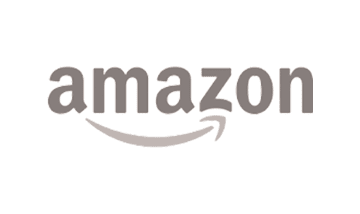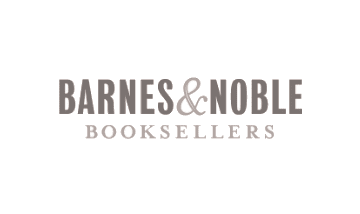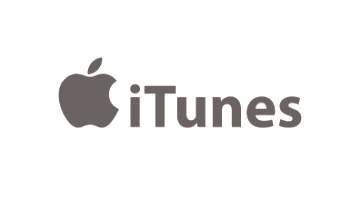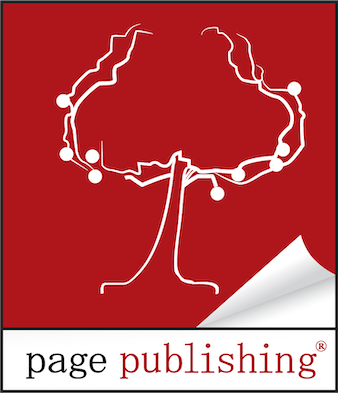Our Services
We Bring Books to Life
Publication Coordinator
You will be assigned a Publication Coordinator
Once you become a Page Publishing author, you will be assigned a publication coordinator who will walk you through every step of the publishing process. Our goal is to continuously update you on where you are in the process and answer any questions you may have. You will be given complete access to all workflows through a personalized online author portal.
We believe that having an expert by your side through the process is vital to achieving a positive publishing experience.
You can contact your coordinator whenever you have a question or want a status update for your book. Having a publication coordinator guarantees that you will remain in control of your work and that the process will move as quickly and smoothly as possible.
Book Editing
Editing and proofreading is a key component in your book’s success. Our editors will make sure your writing is free of grammatical errors or plot inconsistencies, ensuring your work is up to the standards your readers expect.
Cover Design
Our artists are dedicated to crafting visually stunning and engaging cover designs that reflect the unique essence of your book, helping it to tell a more compelling story even before readers turn the first page.
Page Layout
We design your book’s interior layout for visual appeal and readability. Our service optimizes fonts, margins, and headings for consistency, while enhancing images and illustrations for a seamless reading experience.
ISBN & Barcode
We provide ISBNs and barcodes for your book, ensuring it meets industry standards for retail and library distribution. These identifiers allow your book to be easily cataloged, tracked, and sold through major retailers and online platforms.
Printed Book
We transform your manuscript into a professionally designed printed book with a glossy, full-color cover and perfect binding, available in both paperback and hardcover formats.
Screenwriting
We offer screenwriting services to help turn your book or manuscript into a captivating screenplay. We guide you through the adaptation process, ensuring your story is visually compelling while staying true to its original story line.
FAQs About Self Publishing
FAQs About the Publishing Process




